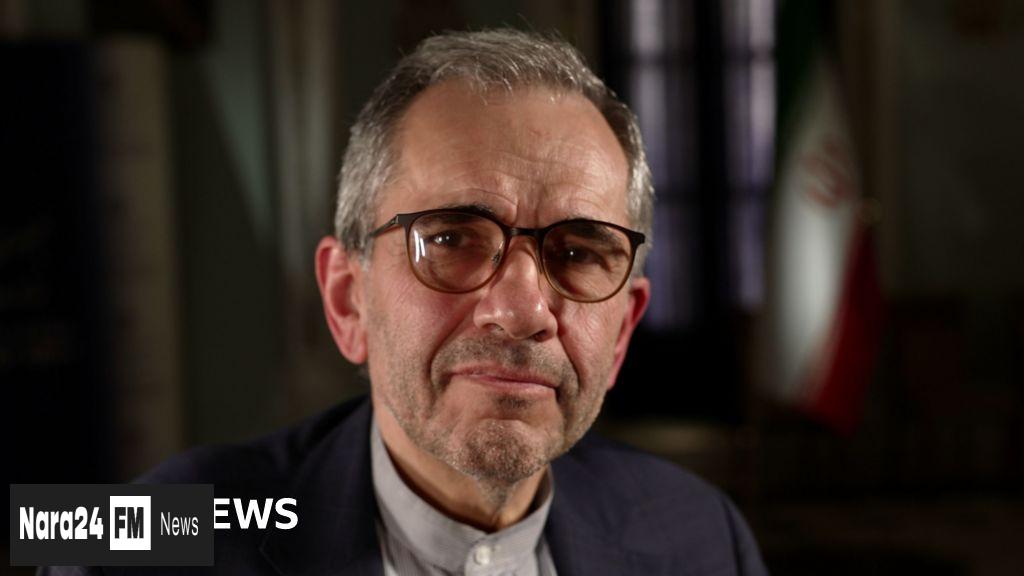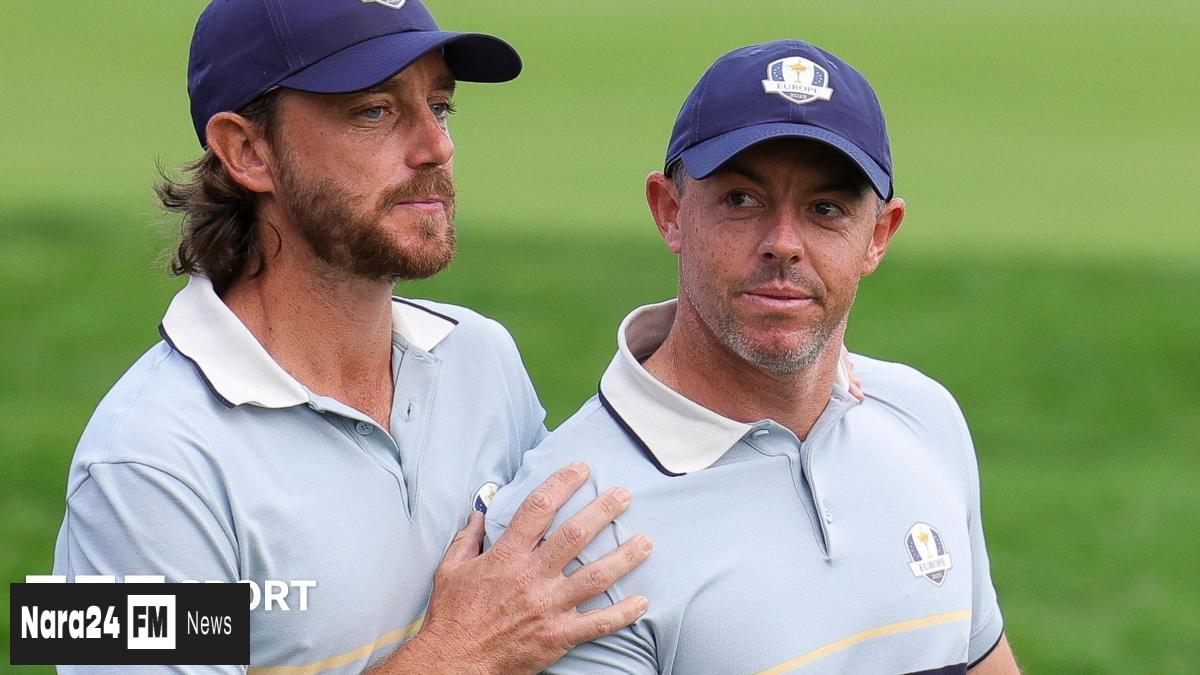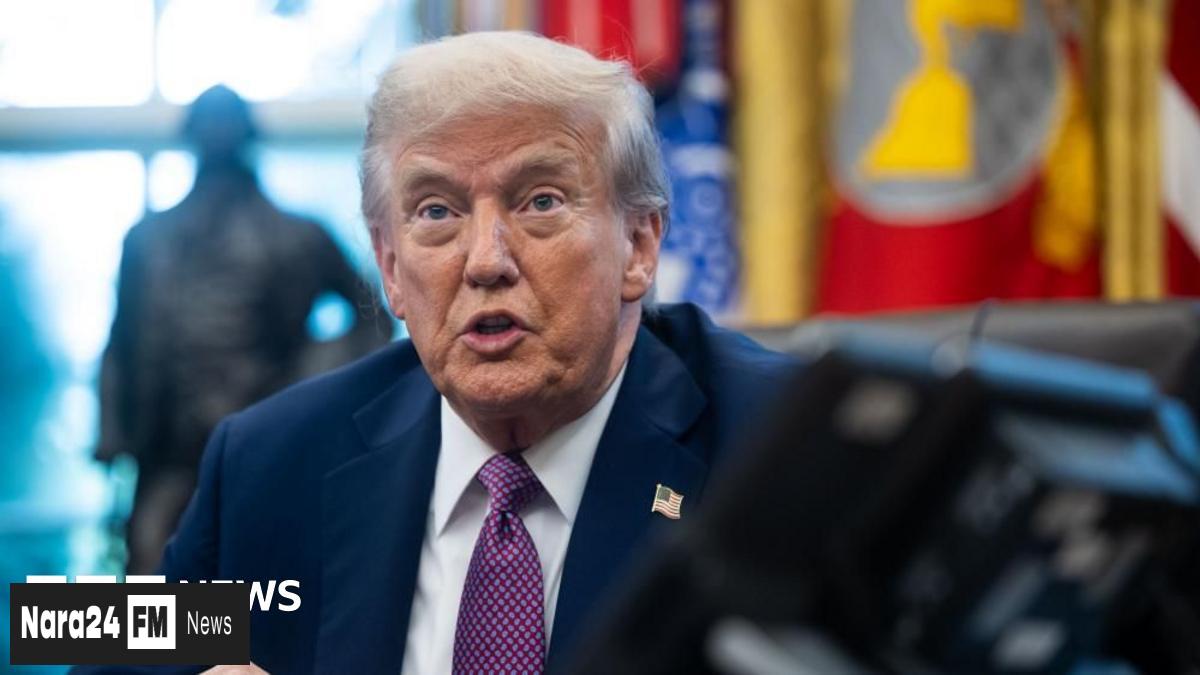Iran has called on the United States to guarantee there will be no further military strikes against its territory as a precondition for restarting diplomatic talks, according to statements made by Tehran’s deputy foreign minister, Majid Takht-Ravanchi, in an interview with the BBC.
Takht-Ravanchi revealed that the US has expressed its desire to return to negotiations through mediators but has yet to clarify its stance on the critical issue of potential future strikes during talks. "We need to know if we will face aggression while engaging in dialogue," he stated, underscoring the importance of establishing trust before any discussions can proceed.
The recent escalation in tensions began with Israel’s military operation on June 13, which disrupted a planned sixth round of indirect talks scheduled for Muscat two days later. The US further intensified the conflict by targeting three Iranian nuclear sites in a bombing raid last weekend. Takht-Ravanchi described these actions as unacceptable, likening the US approach to "the law of the jungle."
Iran has also reiterated its right to enrich uranium for peaceful purposes, rejecting allegations of pursuing nuclear weapons. "The level and capacity of enrichment can be discussed, but demanding zero enrichment under threat of bombing is unjust," he asserted. The deputy foreign minister emphasized Iran’s self-reliance in its nuclear research program, citing restricted access to nuclear materials.
The US strikes reportedly caused significant but not total damage to Iran’s nuclear facilities, according to Rafael Grossi, head of the International Atomic Energy Agency (IAEA). However, Takht-Ravanchi declined to provide a precise assessment of the impact. He also dismissed President Donald Trump’s claim that Iran’s nuclear sites were "totally obliterated."
Iran’s relationship with the IAEA has grown increasingly strained, with its parliament recently voting to suspend cooperation with the watchdog, accusing it of siding with the US and Israel. Trump has warned that further strikes could be considered if Iran’s uranium enrichment activities reach concerning levels.
Takht-Ravanchi noted that no date has been set for potential talks, and the agenda remains unclear. He called on the US to outline concrete proposals to build the necessary confidence for dialogue. When asked if Iran would reconsider its nuclear program in exchange for sanctions relief and investment, he responded, "Why should we agree to such a proposal?"
The 2015 nuclear deal, which limited Iran’s uranium enrichment to 3.67% purity and barred enrichment at its Fordo plant, was abandoned by the Trump administration in 2018. Since then, Iran has increasingly breached the agreement’s restrictions, resuming enrichment at Fordo in 2021 and amassing enough 60%-enriched uranium to potentially produce nine nuclear bombs, according to the IAEA.
Takht-Ravanchi criticized European leaders for their "ridiculous" endorsement of US and Israeli actions, urging them to address the treatment of Iran rather than its nuclear program. He also dismissed calls for regime change in Iran, asserting that such efforts would be futile and that Iranians would unite against foreign aggression.
While the ceasefire with Israel remains in place, Takht-Ravanchi expressed uncertainty about its longevity, stating that Iran would continue to observe it "as long as there is no military attack against us." He acknowledged the efforts of Arab allies in the Persian Gulf, particularly Qatar, in fostering an environment conducive to dialogue.
"We do not want war. We want to engage in dialogue and diplomacy, but we have to be prepared and cautious," he concluded, reiterating Iran’s commitment to peaceful resolution while remaining vigilant against potential threats.









Comments (0)
Leave a Comment
Be the first to comment on this article!